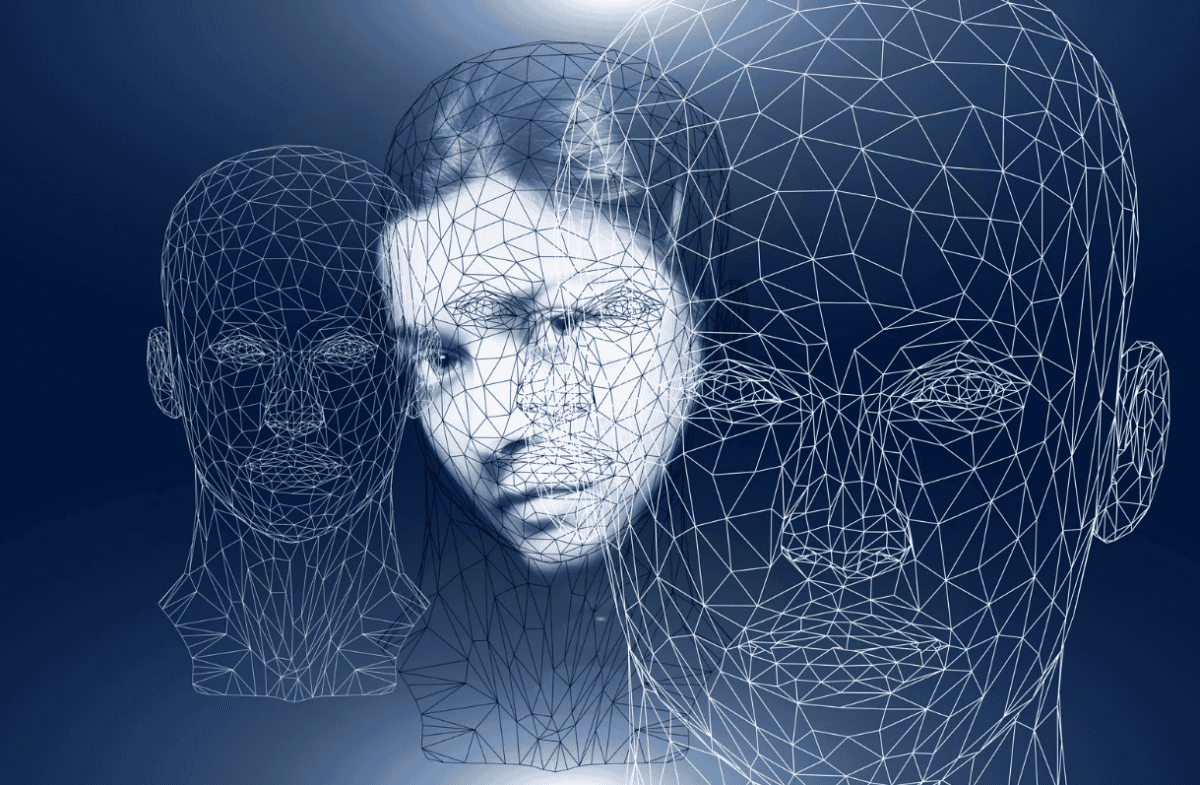Technology is changing how mental health services are delivered. Besides helping personalize mental health care, tech trends foster collaboration between mental health professionals. Discussed below are four tech trends revolutionizing psychology.
Tech Trends Revolutionizing Psychology
Pharmacogenetics
Pharmacogenetics, or pharmacogenomics, studies how a person’s genetic makeup affects their response to medications. It enhances the selection and dosing of drugs for various mental health conditions.
Therapists and other mental health experts leverage DNA sequencing to determine the nature of a particular mental health issue. Thanks to this technology, psychologists can understand better how environmental and genetic elements interact to impact behavior.
With the help of a DNA sequencing machine, psychologists can personalize mental health medications by studying patient DNAs to determine how their bodies metabolize and respond to specific medications. Using these details, mental health professionals can prescribe the safest, most effective treatments for patients based on their genotype.
Teletherapy and online counseling
Teletherapy and online counseling are innovative mental health care approaches that deliver therapeutic services via different online platforms, letting patients connect with mental healthcare providers remotely.
This approach employs various communication tools to close the gap between those seeking mental health support. Using teletherapy in psychology offers numerous rewards, including:

Image by Polina Zimmerman on Pexels
- Convenience and accessibility: Teletherapy gets rid of geographical barriers, allowing patients to access mental health services irrespective of their location. This technique boosts accessibility, particularly for people in underserved or rural areas
- Affordability: Compared to conventional in-person therapy, teletherapy is a more cost-effective option
- Flexible scheduling: When it comes to scheduling therapy sessions, teletherapy offers a lot of flexibility. Teletherapy allows patients to connect with their healthcare providers from the comfort of their homes. This makes it easier to integrate therapy sessions into a patient’s daily life
AI-based therapy and counseling
The use of AI in psychology is transforming mental health services in different ways. Artificial intelligence can evaluate substantial datasets, enabling psychologists to diagnose and treat mental disorders more efficiently. It also provides innovative methods of delivering mental health services.
AI technologies are developed to complement conventional therapeutic practices by offering tools that improve treatment accessibility and efficacy. These tools include:
- VR (virtual reality) exposure therapy: Integrating immersive experiences with artificial intelligence enables therapists to tailor situations according to an individual patient’s needs and monitor progress using VR technology in exposure therapy. AI-enhanced virtual reality therapy can be utilized to track patient progress and modify treatment strategies accordingly
- Therapeutic chatbots: These chatbots leverage AI to imitate conversations with users, delivering psychotherapeutic techniques like CBT (cognitive behavioral therapy). They offer immediate, customized responses, which can be helpful to those looking for support outside the normal therapy sessions
Wearables and mobile health applications
There are numerous human behaviors psychologists cannot monitor without the help of technology. This is where wearable devices come in. Wearable technology can track mental health information between sessions, helping therapists clearly understand what’s happening with their patients.
For instance, sleep monitors worn on patients’ wrists every night can offer more accurate details than patients having to respond to whether they’ve been sleeping during their sessions. Mobile health apps help manage mental health by providing wellness guidance without the expense of therapy.

Final Words on Tech Trends Revolutionizing Psychology
Technological advances have increased access to mental health services and enabled timely interventions with more efficiency. Pharmacogenetics, teletherapy and online counseling, AI-based therapies, and wearables are some tech trends revolutionizing psychology.


